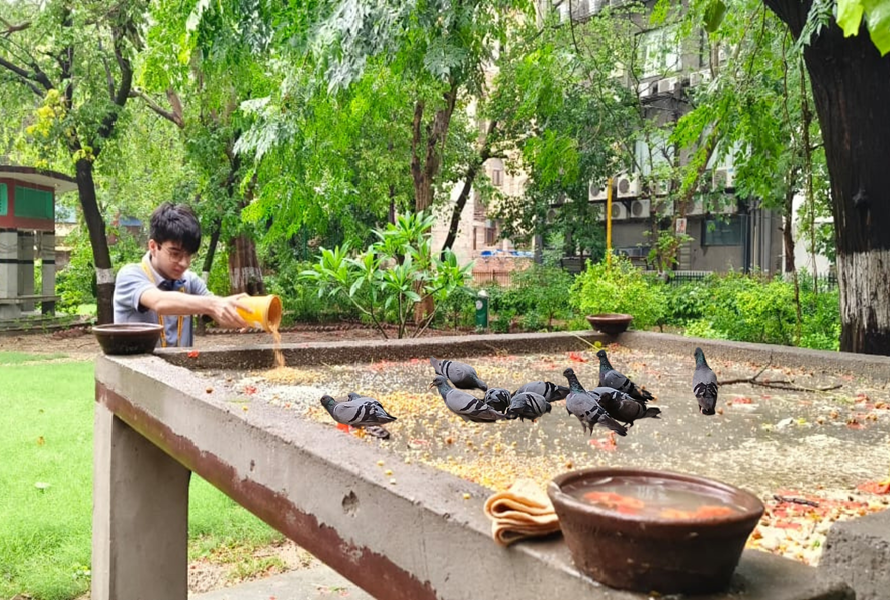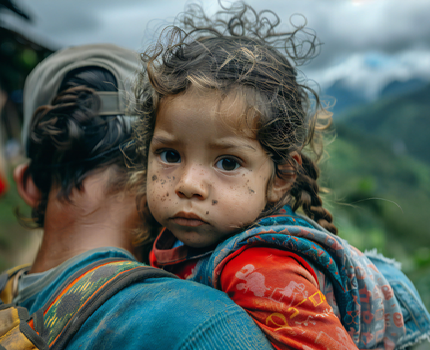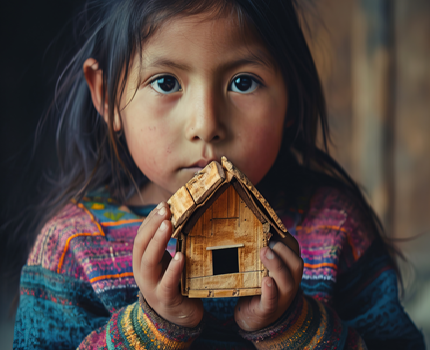
From Our Hands to Their Hearts: Feeding Birds with Care
In a world increasingly driven by speed, ambition, and self-interest, acts of selfless kindness stand as beacons of hope. One such quiet yet powerful act is happening every single day — not in the glare of cameras, not for applause, but out of pure compassion. This is the story of a man and his unwavering love for the voiceless creatures who flutter through our skies — birds.
The Humble Beginnings
Back in 2020, when the world stood still due to the COVID-19 pandemic, Mr. Shivam Sharma, the founder of Unimax Foundation, took his first step toward a lifelong mission. While many were confined indoors, Shivam noticed how the birds in his neighborhood struggled for food and water. With shops closed, public places deserted, and human activity at a halt, the natural food sources for birds dwindled drastically.
Instead of ignoring their silent cries, Shivam decided to act. Armed with just a few grains and a heart full of empathy, he started placing food and water on his rooftop and nearby open areas. What started as a small personal initiative soon evolved into a community-driven movement under the banner of Unimax Foundation.
Nisswarth Seva – Selfless Service
What makes this initiative remarkable is the selfless spirit behind it. Mr. Sharma never sought publicity, donations, or rewards. Every morning, without fail, he ensures that the birds in his vicinity get fresh water and nutritious grains. His schedule revolves around the needs of these tiny beings who cannot speak, cannot complain — yet deserve care as much as any other creature on Earth.
Day after day, he wakes up before sunrise, cleans the feeding areas, fills water bowls, and lays out an assortment of grains — bajra, jowar, rice, chana, and more — to cater to different species. In extreme summers, he adds clay water pots in shaded areas to prevent dehydration among birds. In winters, he ensures the grains are dry and warm. It’s a routine of compassion, not convenience.
Building a Sustainable System
As the initiative grew, so did the vision. Mr. Sharma realized that for long-term impact, the act needed structure and scale. Under the Unimax Foundation, designated bird-feeding zones were created across residential colonies, school rooftops, and public parks in various cities. Volunteers were trained to adopt these zones and follow hygiene practices.
Unimax Foundation also started distributing DIY bird feeder kits to students and families, encouraging them to participate in this noble cause. What began as one man’s mission slowly became a community movement, nurturing awareness about coexisting with nature.
Why Bird Feeding Matters
Birds play an essential role in our ecosystem — they control pests, pollinate plants, and disperse seeds. Yet, urbanization, climate change, and pollution have pushed many species to the brink of endangerment. Bird feeding is not just about compassion; it’s a form of ecological responsibility.
By placing clean food and water in accessible areas, we’re not just helping birds survive, but also fostering biodiversity in urban spaces. Birds that return daily to feed often build nests nearby, helping revive local ecosystems.
Educational Outreach and Awareness
To create wider impact, Unimax Foundation conducts bird-awareness campaigns in schools and colleges. Students are introduced to common bird species, their habits, their role in nature, and how they can help. Workshops are organized to teach kids how to make eco-friendly bird feeders from recycled materials.
These young minds then carry the message home — creating a ripple effect of kindness and environmental consciousness.
Challenges Along the Way
Of course, the journey hasn’t been without obstacles. Maintaining hygiene, dealing with changing weather conditions, and occasionally facing resistance from residents wary of bird droppings — all posed challenges. But with consistent efforts and education, most communities came on board.
During the peak summer of 2022, when temperatures soared above 45°C in many parts of India, the Foundation scaled up operations, installing over 300 water pots in Delhi-NCR alone. Volunteers were mobilized to refill them twice a day.
Recognition Through Impact, Not Awards
While Mr. Shivam Sharma has received words of appreciation from community members and environmentalists, he continues to decline formal awards or media limelight. His mantra remains simple:
“Jo prani bol nahi sakte, unke liye kuch karna hamari zimmedari hai.” (Those who cannot speak — caring for them is our responsibility.)
Looking Ahead
The vision is clear: By 2030, Unimax Foundation aims to establish 10,000 bird-feeding stations across India and inspire 1 lakh citizens to participate actively in bird welfare. Plans are underway to collaborate with schools, RWAs, eco clubs, and even municipal bodies to take the movement to every corner of the country.
They are also working on an app that will allow users to register bird-feeding stations, share daily updates, and receive guidance on seasonal feeding practices.
Birds are messengers of nature. They teach us freedom, simplicity, and the joy of giving. Feeding them is not a task — it is a blessing. I urge everyone to take five minutes out of their day to offer water and grains to birds. A simple act, but it touches lives in profound ways — Mr. Shivam Sharma, Founder, Unimax Foundation
In a world full of noise, the quiet flutter of wings above your balcony could be the most soothing sound — a thank you from nature itself. What Mr. Shivam Sharma started in 2020 has become a symbol of how love, when extended to even the smallest beings, can transform society.


How You Can Help
You don’t need a large rooftop or fancy feeders. A simple bowl of clean water and a handful of grains on your window sill or balcony is enough to make a difference.
Here are quick steps you can take today:
1. Place two bowls outside: one for water, one for grains.
2. Use earthen pots to keep the water cool.
3. Clean them daily.
4. Avoid salted or fried food — use raw grains only.
5. Share the practice with friends, neighbors, and family.
Leave a Comment
Your email address will not be published. Required fields are marked *



